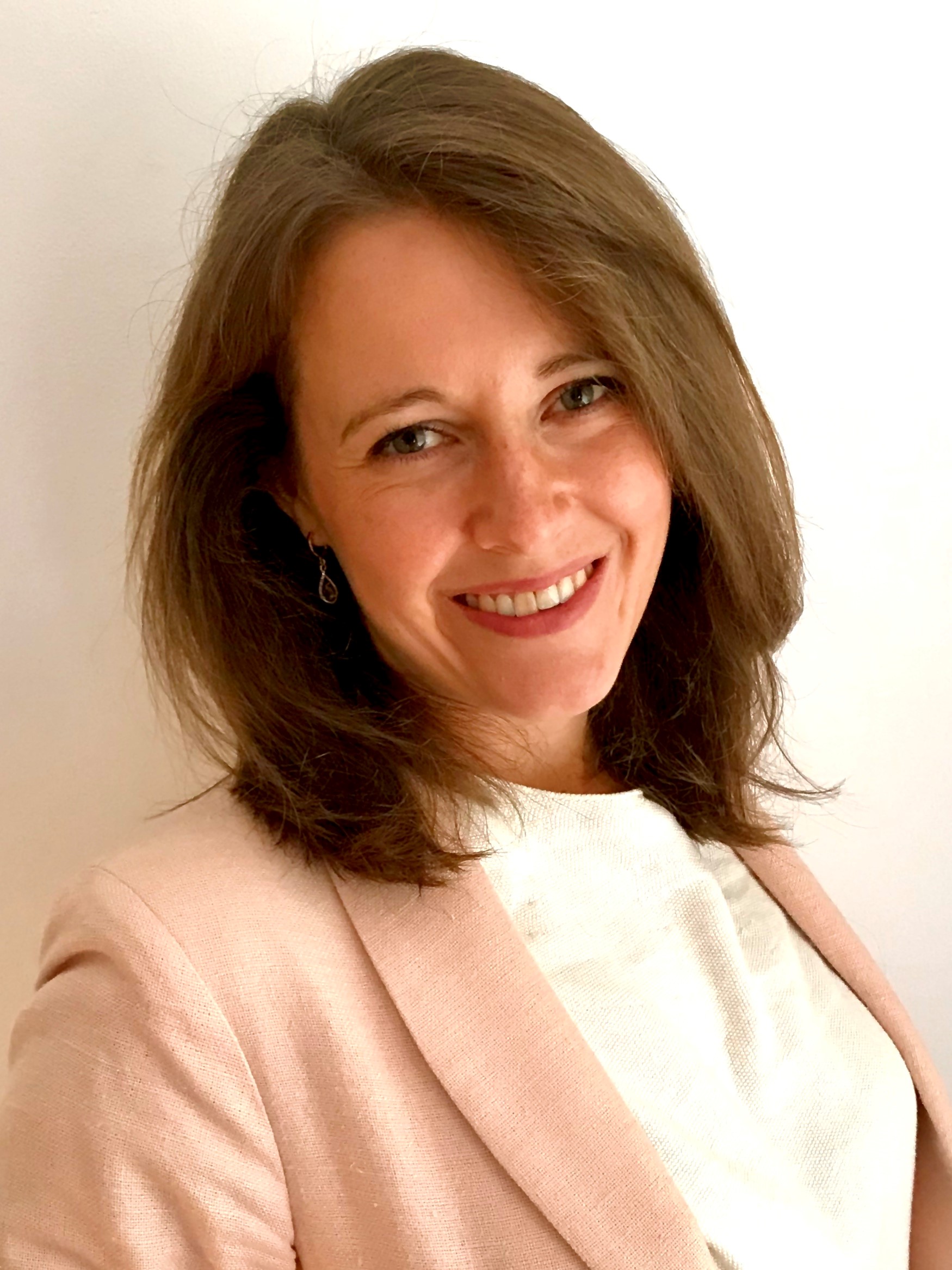Towards an open access future

Sara Bosshart
Open Access keeps me up at night. Not the why…or the what, but the how. With the advantages of Open Access to research so clear now – especially in the midst of a global pandemic – I lay awake thinking how we, as researchers, as publishers, as societies, as institutions can get there. How can we co-create the new open research environment we need while preserving integral aspects of the current ecosystem?
As the new Head of Open Access Journals at the Royal Society of Chemistry, it makes sense this keeps me up at night since these questions form the very core of my role and responsibilities. I’m tasked – in collaboration with my colleagues – to figure out how we can sustainably transition our successful publishing business that, for decades, has relied on subscriptions, to a model that will support Open Access (OA) to the over 37,000 articles we publish annually.
Luckily the RSC is no stranger to OA innovation - in 2012, we launched our ‘Gold for Gold’ initiative – a program which was unlike any other at the time – granting institutions subscribing to the full package of RSC journals credits that they could apply towards open access publication. The program equated to the RSC donating over £1 million worth of gold open access article publishing fees to the UK research community in 2021 and over £5 million worth of vouchers to researchers globally. We were also one of the first publishers to negotiate ‘Read and Publish’ agreements (a term we coined) removing the onus of payment for Open Access from the author to the institution.
Today we’re setting our sights even further – figuring out if, when, and how we want to make all of the important chemistry-related research we publish Open Access. It’s clear that Open Access is the future and that only by embracing this future can we accelerate the pace of research to help us solve all of the pressing global issues of today and tomorrow. As a society, our mission is to help chemists to make the world a better place and there’s no better way to do this than by making research outputs freely available.
Equally important in our transition to Open Access is that we continue to ensure that OA is a viable options for all of our authors world-wide. This means making sure that we engage with our communities globally to find OA solutions that work for local research ecosystems - both those with the funds to cover article payment charges and those without. Luckily, although most of the current Open Access models focus on per-article author payments, there are multiple new models emerging, such as ‘Subscribe to Open’ and PLOS’ Community Action Publishing that seek to move away from per-article charges and instead build on existing library budgets to support Open Access.
Essentially, as we move further towards an Open Access future, we are going to need to be creative and open to engaging with emerging Open Access models. We’ll need to adapt them to different regional requirements and emerging trends not only with Open Access but with Open Science and infrastructure developments generally. This work isn’t something we’ll be able to do alone, or in isolation – we’ll need the support of our community - from our authors, our members and our partner institutions. We’ll need to figure out what we want the future open research landscape to look like and work together to get there.
In many ways, as a society, we’re uniquely placed to do this – we have an active and invested global community. On the other hand, we also have the extra responsibility to get this right from a financial point of view so that we can continue to support our members and chemists generally in all of the myriad of ways we do this from education to funding to resources, etc.
These are exciting times and while I may not get much sleep, I’m looking forward to being a part of the Open Access future we’ll be shaping at the RSC; an open future that’s better placed to tackle pandemics, climate change, resource issues… you name it.
Find out more at: rsc.li/open-the-future






